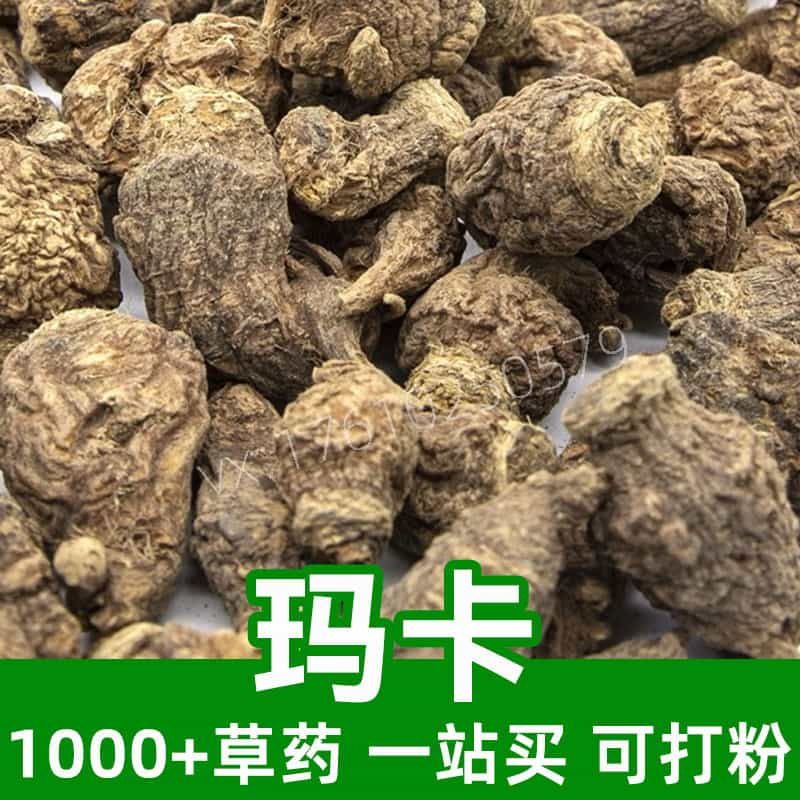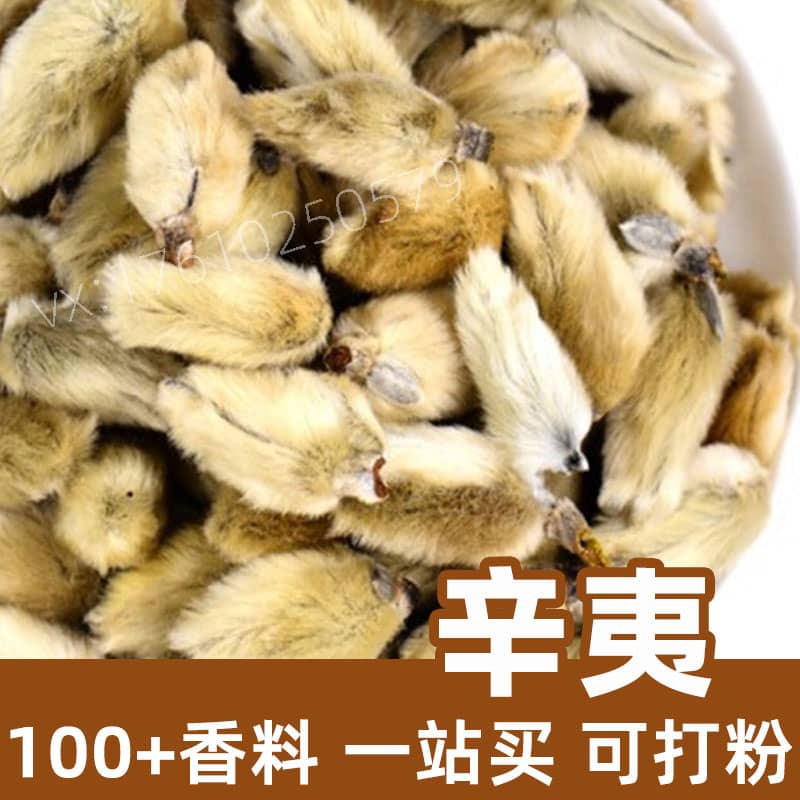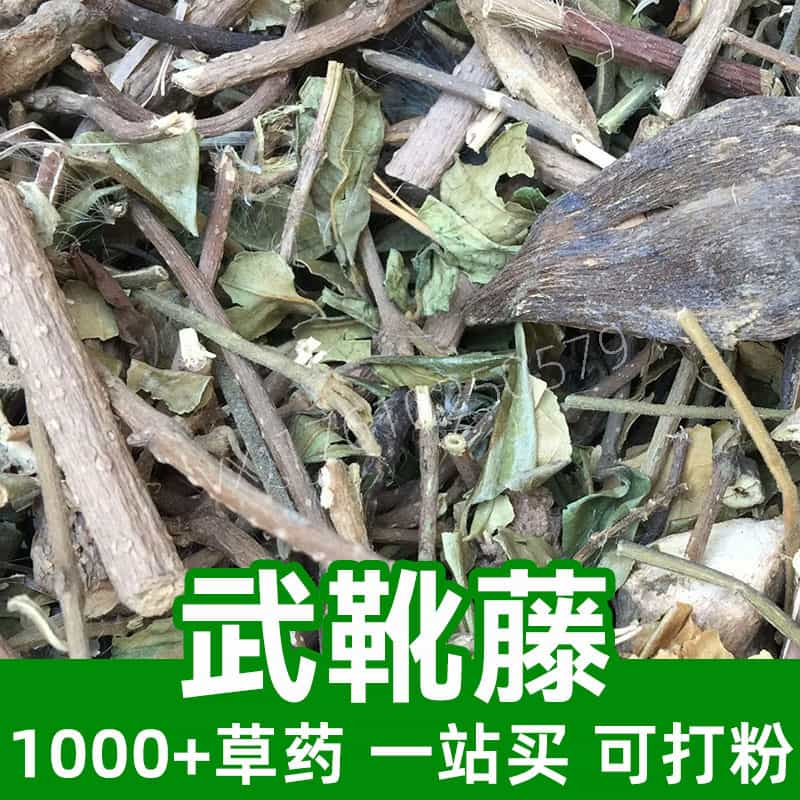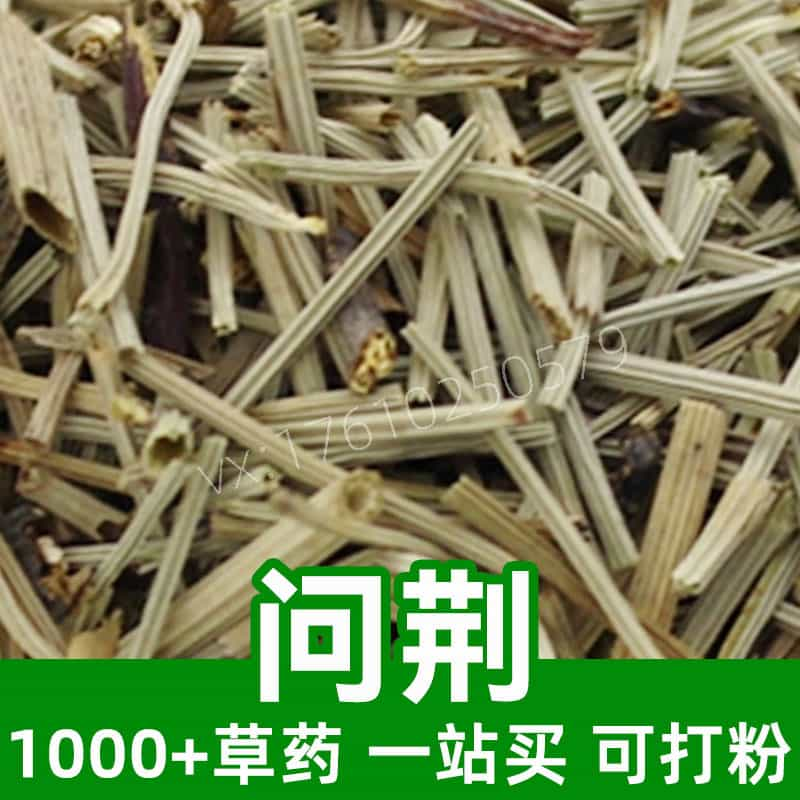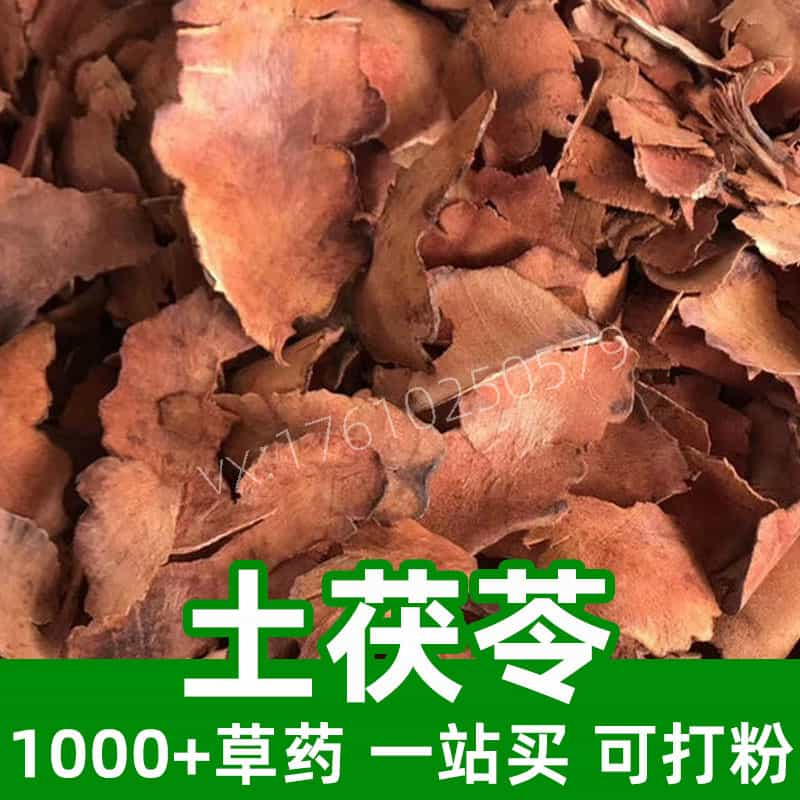Product introduction of jujube kernel
Jujube kernel is a product obtained by extracting kernels from imported jujube fruit after processing. Its main ingredients include rich protein, fat, minerals and various vitamins, among which protein and fat content is relatively high. Jujube kernels come from high-quality jujube fruits and are made through strict screening and processing. In the field of traditional Chinese medicine, jujube kernels are widely used. They have the effects of nourishing yin and moistening dryness, nourishing blood and calming the mind, and replenishing qi and deficiency. They are often used to prepare Chinese medicine prescriptions. In addition, jujube kernels can also be used in food processing, such as cakes, soups, etc. It not only provides people with rich nutrition, but also has a variety of medicinal values and edible functions, and is deeply loved and favored by people.
Main active ingredients of jujube kernels
The main active ingredients of jujube kernels include:
- Protein: Jujube kernels are rich in protein, which is an important substance for body cell repair and tissue regeneration, helping to maintain physical health and enhance immunity.
- Fat: Jujube kernels are rich in a variety of unsaturated fatty acids, such as linoleic acid, linolenic acid, etc., which have the effects of regulating blood lipids and protecting cardiovascular health.
- Vitamins: Jujube kernels are rich in vitamin E, which has a strong antioxidant effect, helping to delay aging and protect cells from free radical damage.
- Minerals: Jujube kernels contain calcium, magnesium, iron, zinc and other minerals, which help maintain bone health, promote blood circulation and metabolism.
- Polysaccharides: Jujube kernels contain a variety of polysaccharides, such as glucan and arabinose, which have the effect of regulating blood sugar and enhancing immunity.
- Alkaloids: Jujube kernels contain alkaloids, such as morphine, which have sedative and tranquilizing effects, and help relieve anxiety, insomnia and other nervous system problems.
These ingredients work together on the human body, giving jujube kernels a variety of effects, including nourishing yin and moistening dryness, nourishing blood and tranquilizing the mind, and replenishing qi and replenishing deficiency. They are often used in traditional Chinese medicine prescriptions and food processing, and are widely used in medicine, health products and food industries.
Application scenarios and usage and dosage of jujube kernels
Jujube kernels (imported) have a wide range of application scenarios and usage and dosage in the fields of traditional Chinese medicine and food.
- Application scenarios of traditional Chinese medicine:
- Nourishing and maintaining health: Jujube seeds have the effects of nourishing yin and kidney, nourishing blood and calming the mind, and are suitable for the symptoms of weakness and insomnia in the middle-aged and elderly groups.
- Nourishing blood and regulating menstruation: It has a certain regulating effect on symptoms such as irregular menstruation and abdominal pain during menstruation caused by insufficient qi and blood in women.
- Calming the mind and calming the spirit: Jujube seeds have a calming and calming effect, and can be used to treat anxiety, insomnia, dreaminess and other mental and neurological problems.
- ** Usage and dosage of traditional Chinese medicine**:
- Decoction for drinking: Put an appropriate amount of jujube seeds into water and boil it into jujube seed soup. Take one dose a day, and the dosage can be adjusted according to individual conditions.
- Drinking as a substitute for tea: Grind the jujube seeds into powder, use it as a substitute for tea or mix it into beverages for drinking, which helps to regulate the body and calm the mind.
- ** Application scenarios in the food field**:
- Food additives: Jujube seeds can be used as food additives to increase the taste of food and enhance the nutritional value of food.
- Baked food: Crush or process jujube kernels into jujube kernel powder, and use them in baking bread, cakes and other foods to increase the taste and nutrition of the food.
- Usage and dosage in the food field:
- As a food additive: According to the requirements of the food processing formula, add an appropriate amount of jujube kernel powder or jujube kernel extract, generally not exceeding 5% of the total ingredients.
- Baking use: According to the needs of the recipe, add an appropriate amount of jujube kernel powder or crushed kernels to the food materials, generally not exceeding 10% of the total flour.
In general, jujube kernels are mainly used to regulate the body and calm the mind in the field of traditional Chinese medicine, while in the field of food, they are mainly used to increase the nutrition and taste of food. The usage and dosage need to be adjusted according to personal circumstances and actual needs.
Introduction to the source plant of jujube kernels, distribution and growth environment
Jujube kernels are the seeds of the jujube tree. The jujube tree (scientific name: Ziziphus jujuba Mill.) belongs to the genus Ziziphus of the Rubiaceae family. It is a common fruit tree, mainly distributed in Asia, Africa and Europe. The following is detailed information about the plant introduction, distribution and growth environment of the jujube tree:
- Plant introduction:
- The jujube tree is an evergreen or deciduous tree, with a height of generally 3-10 meters, a round or oval crown, gray or dark gray bark, and many lenticels on the trunk.
- The leaves of the jujube tree are palmately compound leaves, with the characteristics of pinnate leaves, serrated edges and short petioles.
- Distribution:
- The jujube tree is native to China and is one of the common fruit trees in southern China. In addition, the jujube tree is also widely distributed in other parts of Asia, such as North Korea, Japan, India, etc.
- With human planting and introduction, the jujube tree has been introduced and cultivated all over the world, including America, Africa and Europe.
- Growth environment:
- The jujube tree likes warm and dry climates, has strong adaptability, is not strict with soil requirements, is drought-resistant, but can also withstand cold.
- Jujube trees have a strong adaptability to soil and are suitable for growing in loose, well-drained sandy loam or loam.
- The optimum temperature for jujube trees is 20-25 degrees Celsius, which has a good effect on fruit maturity and quality formation.
In general, jujube trees are a kind of fruit tree with a strong adaptability to the growing environment. They are mainly distributed in China and other parts of Asia. They like warm and dry climates, have strong adaptability, can grow in various types of soil, and have no strict requirements on soil and climate.
Jujube kernel harvesting, processing, storage and preservation
Jujube kernels are the seeds of jujube fruits. Harvesting, processing and storage are essential to maintaining their quality. The following is detailed information on the harvesting, processing, storage and preservation of jujube kernels (imported):
- Harvesting:
- Jujube fruits are generally harvested when they are ripe in autumn. Jujubes with fully ripe fruits and bright red or purple-black colors are usually selected for picking.
- Be careful to gently move the jujube fruits when picking. If the fruits are ripe, they will fall off easily; be gentle when picking to avoid damaging the fruits.
- Processing:
- The picked jujubes need to be peeled and dried to obtain the jujube kernels.
- Peeling is generally done mechanically or manually. After removing the pulp, the core is taken out, which is the jujube kernel.
- Next, the jujube kernels need to be air-dried or dried to ensure that their moisture content is moderate to prevent mold and quality loss.
- Storage:
- Jujube kernels should be stored in a cool, ventilated, dry place, away from direct sunlight and high temperature and humidity to prevent mold and insect pests.
- Jujube kernels can be placed in a dry container, such as a sealed bag or sealed can, and then stored in a cool place.
- During storage, check the status of the jujube kernels regularly. If any abnormal conditions such as moisture or odor are found, handle or replace the storage container in time.
In general, the key to the harvesting, processing, storage and preservation of jujube kernels is to choose ripe fruits when picking, avoid damage and keep them dry during processing, pay attention to moisture-proof and insect-proof when storing, and maintain a ventilated and dry environment to maintain the quality and nutritional value of the jujube kernels.
Monica Sun is a seasoned expert in the natural raw materials industry, with over a decade of experience specializing in traditional Chinese medicinal herbs, spices, and fungi. She is skilled in the sourcing, processing, and application of these materials, emphasizing sustainability and innovation. Monica Sun has contributed to the development of high-quality natural raw materials that serve as essential components in functional foods, pharmaceuticals, and cosmetics, delivering tailored solutions to meet diverse market needs.









